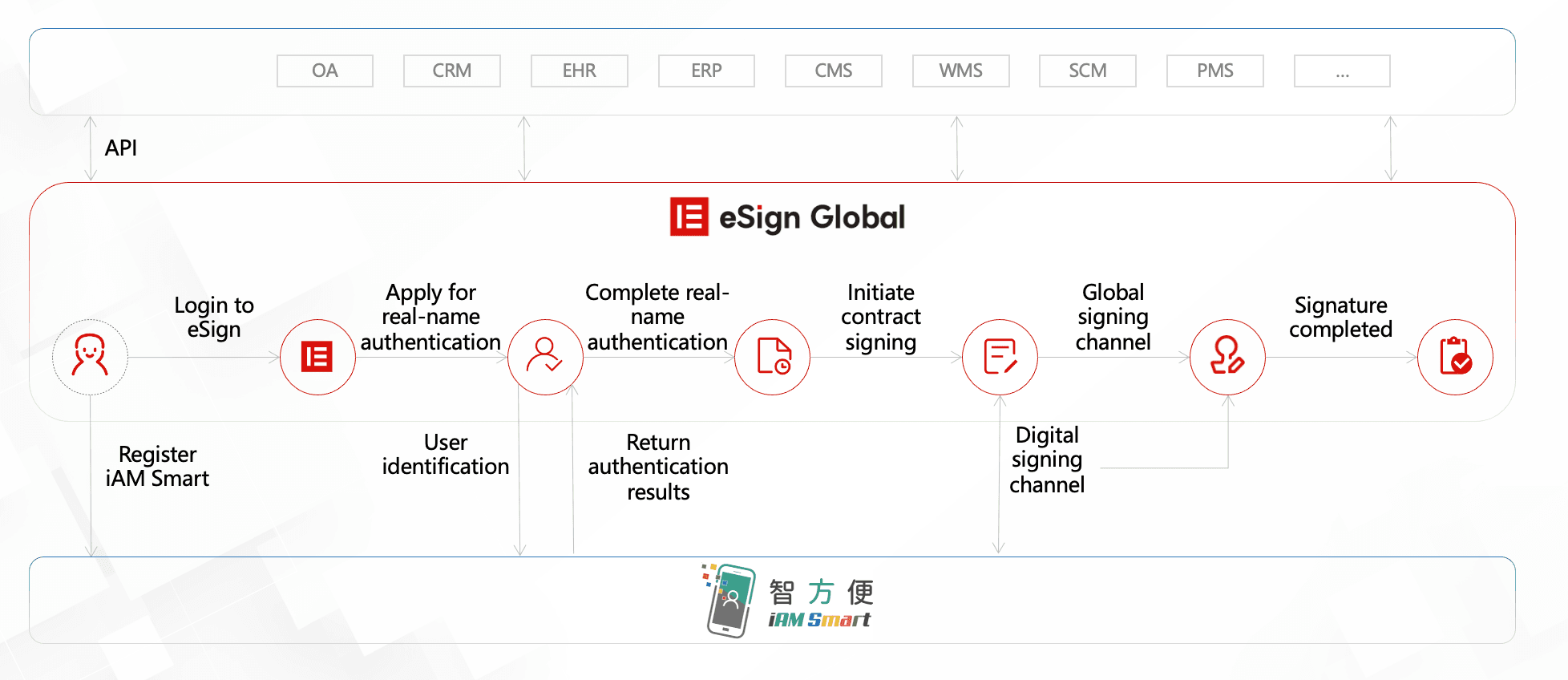Does DSC expire?





Does DSC Expire?
In today’s fast-paced digital world, the use of Digital Signature Certificates (DSCs) has become nearly indispensable for secure online transactions, document signing, and corporate authentication. Governments and businesses across the globe rely on these digital identity tools, particularly in regions like Hong Kong and Southeast Asia, where statutory regulations increasingly recognize electronic and digital signatures as legally binding. But one common question persists among users and organizations alike: Does a Digital Signature Certificate (DSC) expire?
The short answer is yes, DSCs do expire. However, the implications, renewal process, and regional compliance standards associated with DSC expiration vary and warrant a detailed look.
What is a Digital Signature Certificate (DSC)?
A DSC is an electronic form of a signature that establishes the identity of the signer and ensures the integrity of documents digitally signed. It is issued by a licensed Certifying Authority (CA) in line with the local legal framework—such as the Electronic Transactions Ordinance in Hong Kong or the Information Technology Act, 2000 in jurisdictions like India.
A DSC contains user-specific information such as the name, email address, and public key—and is digitally signed by the issuing CA. Essentially, it works on the principles of public-key cryptography to offer authentication and data security in electronic environments.
So Why Does a DSC Expire?
Just like a physical identification document, DSCs are issued for a specific time period to maintain security and relevance. Ultimately, every digital certificate depends on algorithms and cryptographic keys that can become vulnerable with time. Hence, the expiration of a DSC ensures that users periodically validate and update their credentials through the CA before continuing their digital operations.
Validity Period
Typically, DSCs are issued with validity periods ranging from one to three years. Regulatory frameworks in many countries dictate these durations to maintain digital hygiene. For instance:
- In Hong Kong, under the Electronic Transactions Ordinance (Cap. 553), recognized CAs are required to include clear expiry dates in digital certificates.
- In Singapore, validity is governed by the Electronic Transactions Act (ETA), which aligns with international best practices such as those outlined by UNCITRAL.
Once a DSC reaches its expiration date, it becomes invalid, and the user must apply for a renewal or a fresh issuance.

What Happens When a DSC Expires?
When a DSC expires, the cryptographic keys it is associated with are no longer trusted by browsers, software platforms, or security protocols. Practically, this means:
- You cannot digitally sign or encrypt documents using the expired certificate.
- Government portals or e-filing systems will reject any submissions made with an expired DSC.
- Clients, partners, or auditors might view expired certificates as a red flag, signaling non-compliance.
Since DSCs are essential for tasks such as e-tendering, tax filing, company registration, and cross-border transactions, letting your certificate lapse can lead to delays, fines, or even legal complications—especially for regulated entities.
Renewing a Digital Signature Certificate
Renewing a DSC is a straightforward yet crucial process. It involves verifying your identity again, updating information (if necessary), and going through your CA’s re-issuance procedures.
Here’s a typical renewal process:
- Contact your CA or DSC provider at least 15 days prior to the expiry date.
- Submit the required documents (ID proof, address proof, authorization letters, etc.).
- Go through the identification procedure—often digitally verified via video KYC.
- Download and install the new DSC on your machine or cloud-based signing tool.
Note that some providers enable auto-reminders or renewal alerts, so it’s always advisable to choose DSC solutions from reliable and globally-compliant platforms.
Regional Terminology and Rules: A Special Note
When dealing with DSCs, understanding local terminology or jurisdiction-specific guidelines is key. For instance, Hong Kong’s regulatory language clearly distinguishes between:
- “Electronic Signature” (which could be as simple as a typed name)
- And “Digital Signature” (which relies on cryptographic processes and requires CA involvement)
Authorities such as the Hong Kong Post (recognised CA) have precise standards to determine DSC issuance, expiry, and renewal. The same applies to other Southeast Asian nations, where alignment with frameworks like ASEAN’s Model Law on Electronic Signatures is under development.

Misconceptions About DSC Expiration
Many people confuse software-based digital signature tools with legally recognized DSCs. While various apps offer “e-signatures,” not all are backed by CA-issued certificates. It’s crucial that businesses and individuals understand the distinction to ensure legal enforceability.
Moreover, some users believe that only business organizations require DSCs; yet, individual professionals—like Chartered Accountants, legal representatives, and government contractors—also need valid and unexpired certificates for their work.

Benefits of Timely DSC Renewal
- Regulatory Compliance: A valid DSC keeps your digital assets and activities compliant with the local law.
- Security Assurance: Renewal ensures continued data encryption and user authentication within evolving cybersecurity threats.
- Operational Continuity: Avoids business disruptions due to expired credentials.
- Legal Recognition: Most courts and arbitrations recognize documents only when digitally signed using valid DSCs.
Final Thoughts: Choose a DSC Solution That Matches Regional Compliance
To wrap it up—yes, DSCs do expire, and keeping track of your certificate’s validity is not just a good practice but often a legal requirement. With increasing digital adoption and cross-border transactions, particularly in Asia-Pacific economies, selecting a solution that meets both your security and local legislative needs is essential.
For businesses or professionals based in Hong Kong and Southeast Asia, who are seeking a robust, regionally recognized alternative to DocuSign, we recommend considering eSignGlobal—a powerful tool tailored to meet local compliance norms while offering all the flexibility and features of a global e-signature platform.


 Only business email allowed
Only business email allowed








